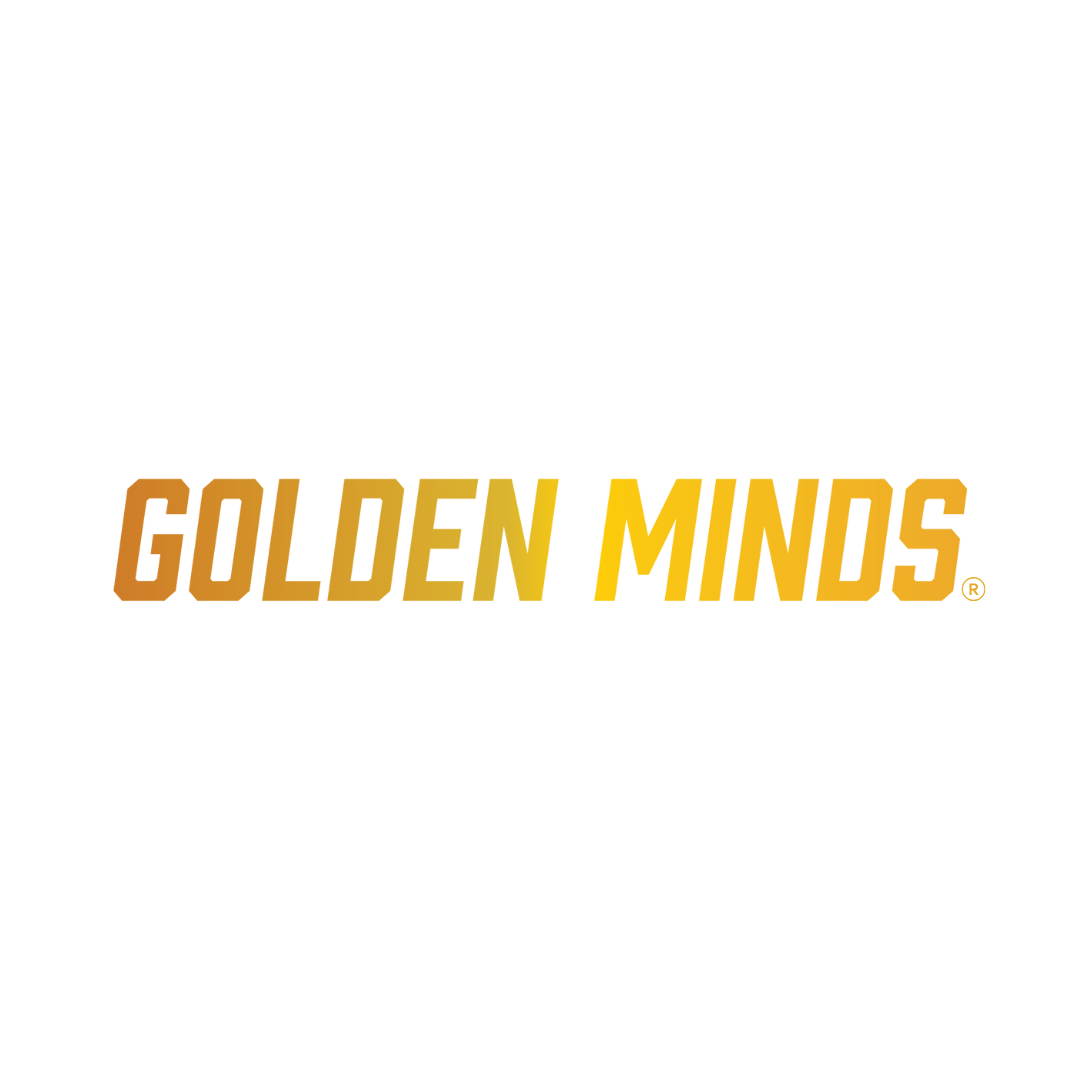If You Scroll, It Takes a Toll: Managing Your Mind in the Digital Age
We’ve all been there—just a quick check of social media turns into an hour of mindless scrolling. Before you know it, you’ve gone down a rabbit hole of highlight reels, breaking news, and endless comparisons. But have you ever stopped to think about the impact this has on your mental game?
The Hidden Toll of Scrolling
Endless scrolling isn’t just a harmless habit; it’s a mental drain that can subtly erode your focus, confidence, and emotional resilience. Here’s how:
- Reduced Attention Span – Rapidly consuming content trains your brain for short bursts of attention, making it harder to focus deeply on tasks like studying, training, or competing.
- Comparison Trap – Seeing curated highlights of others’ successes can make you feel inadequate or behind, impacting self-confidence and motivation.
- Decision Fatigue – Constantly choosing what to engage with depletes mental energy that could be better used for problem-solving and performance.
- Disrupted Sleep – Scrolling before bed interferes with melatonin production, leading to poor sleep quality, which affects recovery, focus, and emotional regulation.
- Increased Anxiety & Stress – The overload of information, bad news, and social expectations can elevate stress levels and make it harder to stay composed under pressure.
Applying Mental Game Academy Principles
At Mental Game Academy, we emphasize mental discipline, focus, and resilience—qualities that are directly impacted by digital habits. Here’s how to regain control:
1. Set Boundaries with Technology
- Use app timers or grayscale mode to reduce the urge to scroll.
- Set specific times for social media rather than using it mindlessly.
2. Train Your Focus Like a Muscle
- Engage in activities that require deep focus, like reading, journaling, or mindfulness exercises.
- Try the Pomodoro Technique—work with intense focus for 25 minutes, then take a short break.
3. Replace Scrolling with Visualization
- Instead of reaching for your phone, take a few minutes to visualize success in your sport or studies.
- Mental imagery strengthens neural pathways and boosts confidence.
4. Practice Intentional Rest
- Instead of using social media as a break, engage in restorative activities like deep breathing, stretching, or a short walk.
- Quality downtime improves cognitive performance and emotional resilience.
5. Track and Reflect
- Keep a journal of how you feel after scrolling vs. when you engage in focused activities.
- Becoming aware of patterns helps create better habits over time.
Final Thoughts
Scrolling might feel like an easy escape, but it comes at a cost. By setting intentional boundaries and using Mental Game Academy techniques, you can reclaim your focus, strengthen your mindset, and stay in control of your digital habits.The next time you catch yourself scrolling aimlessly, ask: Is this helping or hurting my mental game? Your success starts with the choices you make daily—choose wisely.
